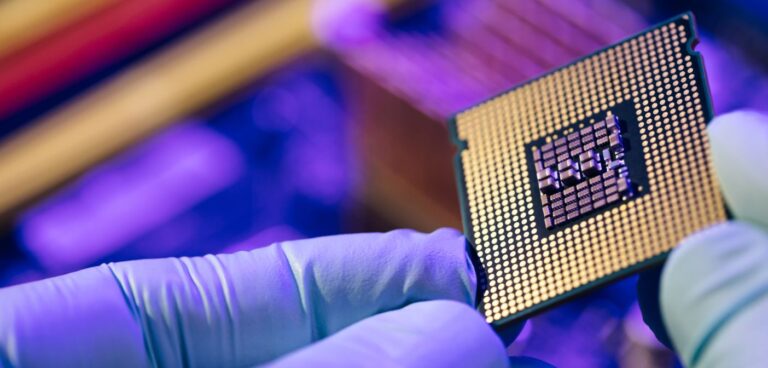Semiconductor chips are a very small but immensely valuable – they are a key component in the manufacturing of technology ranging from smartphones to microwaves and even fighter jets. As the world’s biggest supplier of semiconductors is based in Taiwan, which is in the midst of a territorial dispute with China, the supply chain of such a vital asset to manufacturers around the world is under threat if tensions continue to escalate.
In August 2022, China fired missiles around the island as part of a ‘drill’, just a day after US House of Representatives Speaker Nancy Pelosi visited Taiwan. The threat of invasion looms not only over Taiwan, but also poses risks to governments and supply chains around the world. A recent report by Rhodium Group estimates that ‘the global disruption from a Taiwan conflict would put well over two trillion [US] dollars in economic activity at risk, even before factoring in the impact from international sanctions or a military response’.
Semiconductor supply chains are a matter of national security in the US, according to the Biden-Harris Administration. In the country’s National Security Strategy, published by the White House in October 2022, it was written: ‘We recognise the importance of the semiconductor supply chain to our competitiveness and our national security, and we are seeking to reinvigorate the semiconductor industry in the United States’.
Taiwan Semiconductor Manufacturing Company (TSMC) is the world’s biggest manufacturer of semiconductors, with a market share of over 50%. It supplies chips to companies including Apple, Sony, and Intel.
“At the urging of the US government”, TSMC is investing US$40 billion in the construction of two new fabrication plants (fabs) in Arizona. The first is set to be operational in 2024 and the second in 2026.
Founder and former Chairman of TSMC Morris Chang gave an interesting perspective on the USA’s determination to improve its domestic production of semiconductors while speaking on the Vying for Talent podcast. He said: “Frankly, if there is a war in Taiwan Strait, then I think the United States will have more than chips to worry about. Now, if there’s no war, then I think the effort to increase onshore manufacturing of semiconductors is a wasteful and expensive exercise in futility”.
With the semiconductor industry currently relying so heavily on production in Taiwan, any escalation of conflict, especially towards a Chinese invasion, would likely have a catastrophic impact on technology-based supply chains, in turn causing global economic disruptions.







